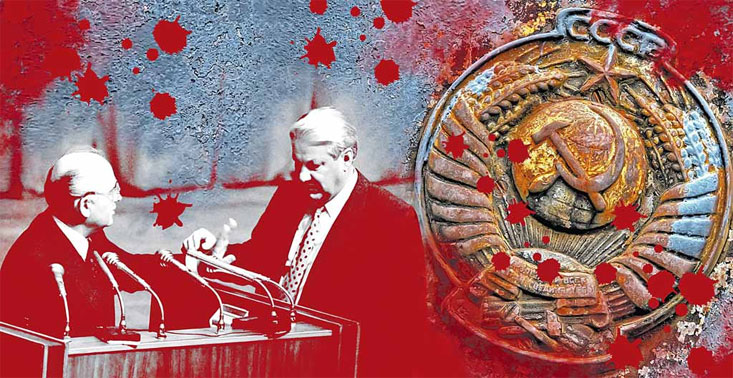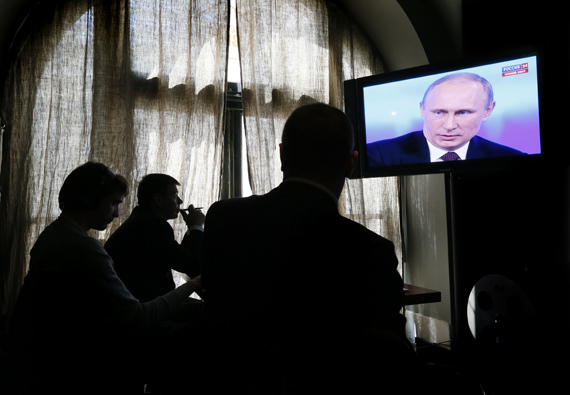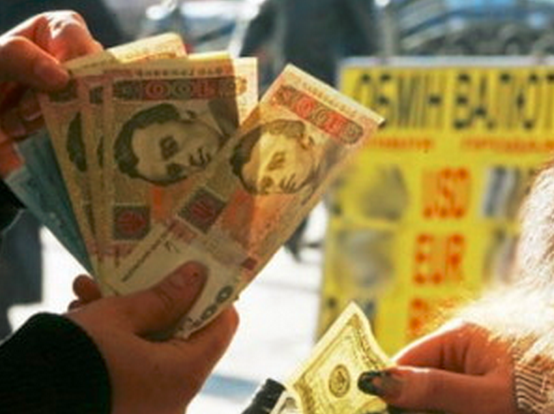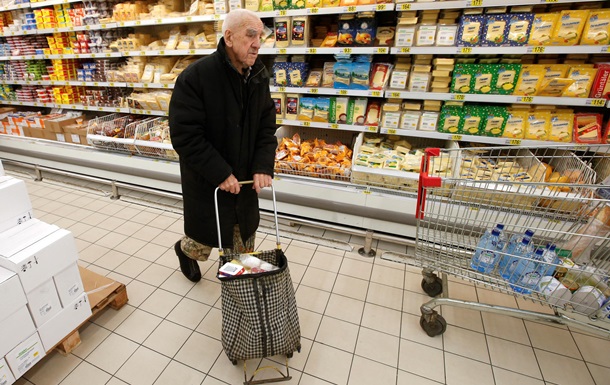On February 24, 2022, Russia started the invasion of Ukraine. The world was collectively shocked as the news made headlines across the globe. No longer were people idly speculating on what might happen.
The entire world is watching the biggest European conflict of lifetime play out as civilians in Ukraine are getting killed. Thanks to the advances in technology, people around the globe have a front-row seat as well as influence over the conflict.
How did the governments and businesses respond to the Ukraine-Russia war?
The reaction of democratic countries and their populations has been swift and strong. Governments sent supplies to help the besieged nation, and individual citizens have worked to help Ukraine refugees by providing funds through ghost AirBNB rentals, donations, and many other ways like blocking the road for international trucks near the Polish border and boycotting the world brands that stay in Russia.
The corporate response to the conflict in Ukraine has been a bit murkier, however. Some corporations made immediate and public announcements of their support for Ukraine and denounced the actions of Russia. UPS, FedEx, and DHL have completely suspended service in Russia. Disney and Netflix have suspended all operations in Russia including streaming. McDonald’s closed its Russian restaurants.
However, a large number of American companies and world corporations have remained mute on the ongoing conflict. By doing business with Russia, these companies hurt Ukraine. They contribute to the economy of the aggressor whilst ongoing financial operations, local employment, and more importantly taxes - the money that goes directly to fund Russia's military.
Germany is now ready to stop buying Russian oil, clearing the way for a European Union ban on crude imports from Russia, government officials said. - WSJ
Berlin had been one of the main opponents of sanctioning EU’s oil-and-gas trade w/ Moscow
https://t.co/6VXtSewUNq.— Euromaidan Press (@EuromaidanPress) April 29, 2022
In a conflict, that has included alleged war crimes against unarmed citizens, global corporations still operating in Russia are supporting ongoing violations of basic human rights.
How can consumers urge the change?
The voice of consumers has always had a great impact on business. To help stand with Ukraine, PissedConsumer.com, a consumer advocacy website and review platform informs consumers about the companies that still operate in Russia. The platform publicly shames and calls to boycott businesses remaining on the Russian market, in an effort to catch the attention of consumers and help them identify the ones that support the killing of civilians.
As a review website, PissedConsumer has always defended consumers’ right to free speech. With this ongoing conflict, it becomes clear to everyone that global corporations still operating in Russia are supporting the invasion and deadly attacks.
The recent NTD news has raised the question of taxes in Russia, and how by paying taxes to the Russian government, the American businesses help build bullets and bombs. That is why it is important to address the subject and educate consumers as to who they buy from.
For that matter, US consumers now see a flagged message on the review pages dedicated to each company when they visit PissedConsumer.com to leave or read reviews about that company’s goods or services. A banner is displayed across the top of the page and simply states that “[Company] remains in operations in Russia despite the Ukraine-Russia war.”

The message highlights information reported by the Yale School of Management, which has compiled and graded more than 750 companies on their activities in Russia.
There are companies like Starbucks that have taken more time to halt business in the Russian market. So consumers are encouraged to check the information before making any purchase decisions.
Similar to PissedConsumer.com, BoycottRussiaBot helps consumers identify companies still operating in Russia, and it recommends boycotting these businesses as they continue to pay taxes, which helps fund the ongoing Russian aggression against Ukraine. The Telegram bot that is developed by a Ukrainian programmer with the goal of alerting consumers about companies and brands still operating in Russia.
How can the Boycott help Ukraine?
Jeffery Sonnenfeld at Yale, PissedConsumer.com, BoycottRussiaBot, and many other people and companies know that ordinary consumers truly can make the change, and those consumers are using their voices in social media posts, in consumer alerts, and in individual reviews on review platforms.
Consumer actions can motivate global corporations. Their voice and choice are the greatest weapons. When they know and understand how businesses like PepsiCo, Oreos, Nestle, and many others remaining on the Russian market support the war in Ukraine, they can make informed buying decisions.
If more consumers refuse to buy from these companies, the less profit these businesses will make. Thus, it might help force their leaders to give another thought to the ongoing Ukraine-Russia war, in which more and more civilians die from Russian attacks they help sponsor.
 Michael Podolsky is the CEO and co-founder of PissedConsumer.com, a consumer advocacy website and review platform. Having extensive experience in customer service, Michael advocates for consumers’ right to free speech and stands for the First Amendment.
Michael Podolsky is the CEO and co-founder of PissedConsumer.com, a consumer advocacy website and review platform. Having extensive experience in customer service, Michael advocates for consumers’ right to free speech and stands for the First Amendment.
Related:
- Financing Putin’s war: Russian coal and gas exports to EU grow despite sanctions
- How Western sanctions cripple Russia’s war machine: no modern tanks, navigation systems or drones
- International sanctions slam Russia’s finance, economy, culture, sports: a list
- Germany exports dual-use products to Russia despite EU sanctions, beefing up Russian military
- French companies continue doing business as usual in Russia
- The scope of the EU energy dependence on Moscow and practical ways out





